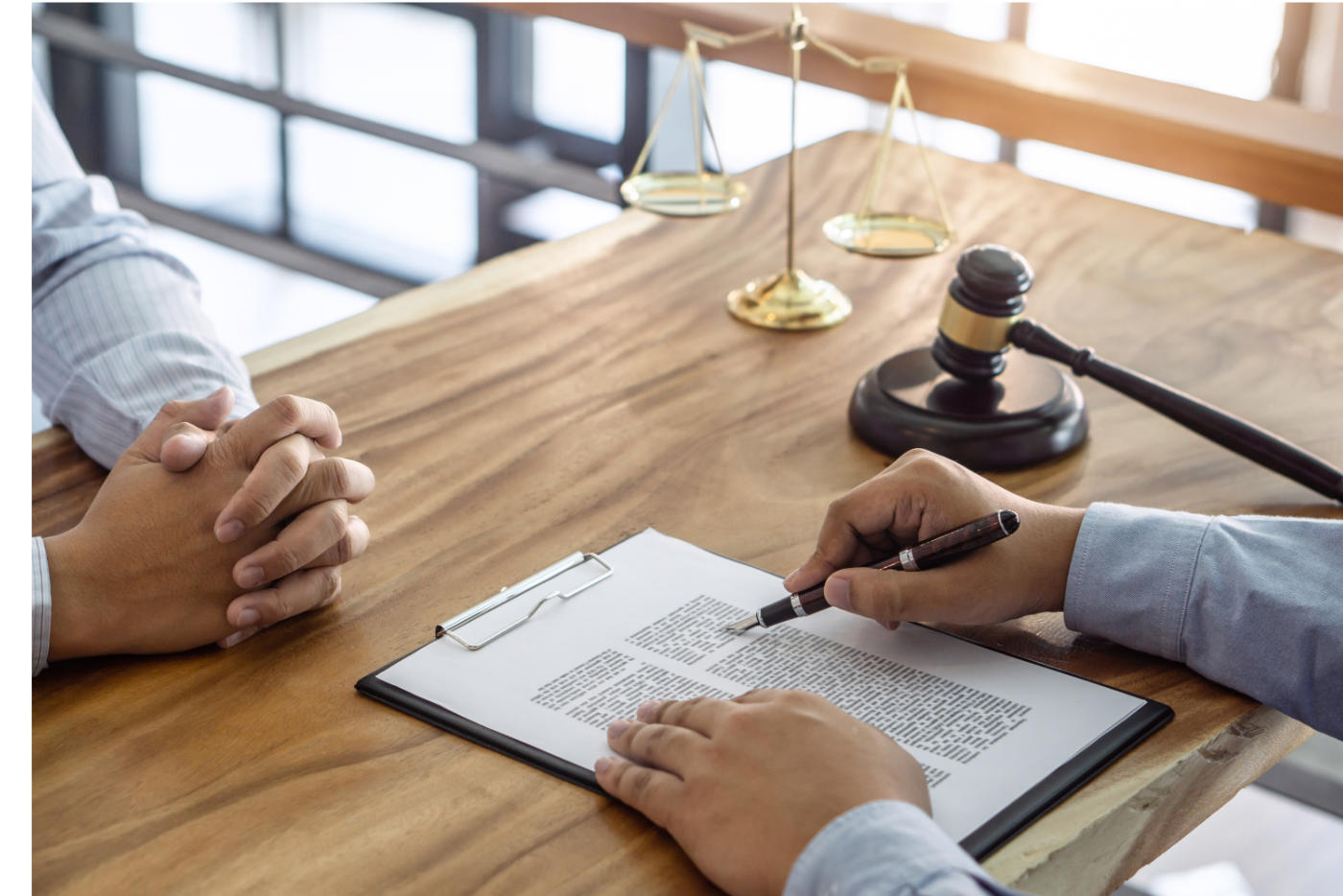Proving Causation in a Legal Malpractice Case
It is not uncommon for clients to be unhappy with their attorneys. If the client’s claim fails or he does not obtain the expected result, the client will often blame his attorney for the poor outcome. However, not all adverse results are the result of negligence, and even if they are, proving that the result would have been different but for the attorney’s failure to act competently may not be easy.
Read More










